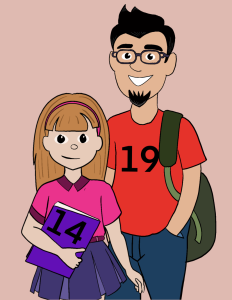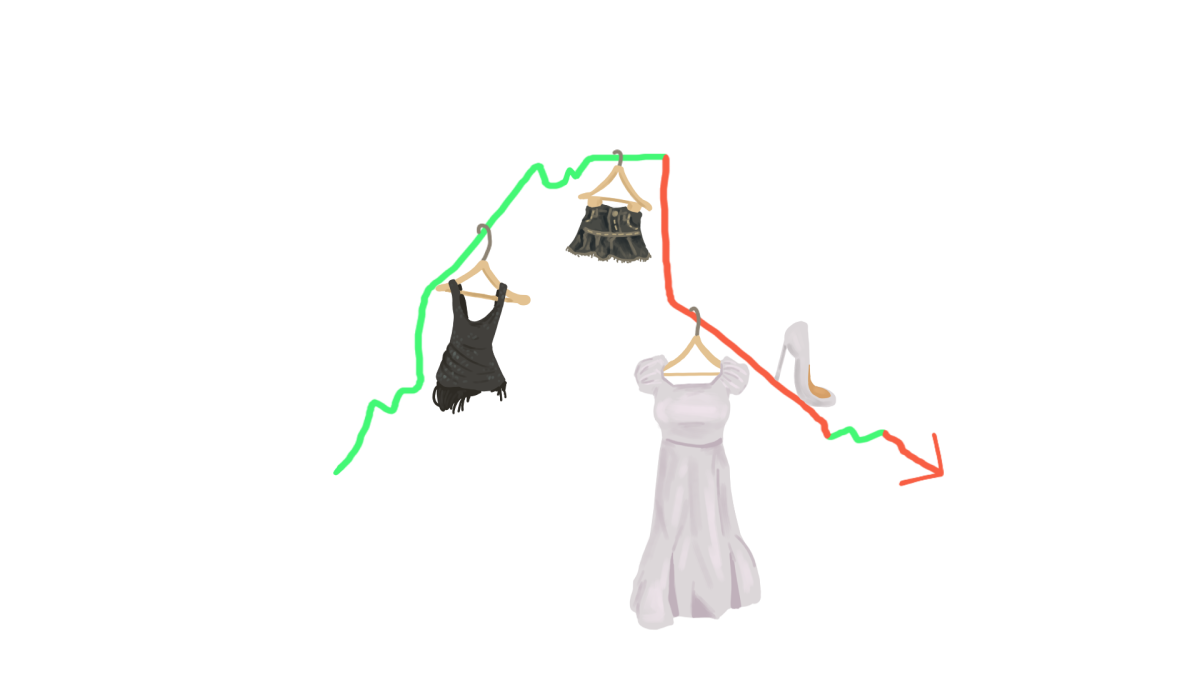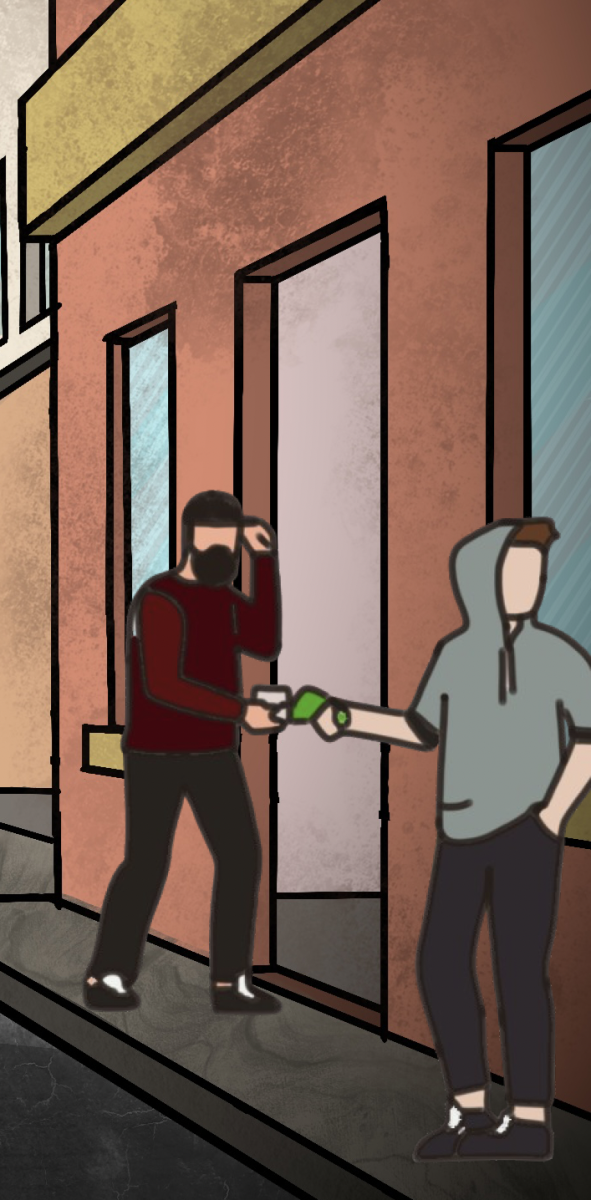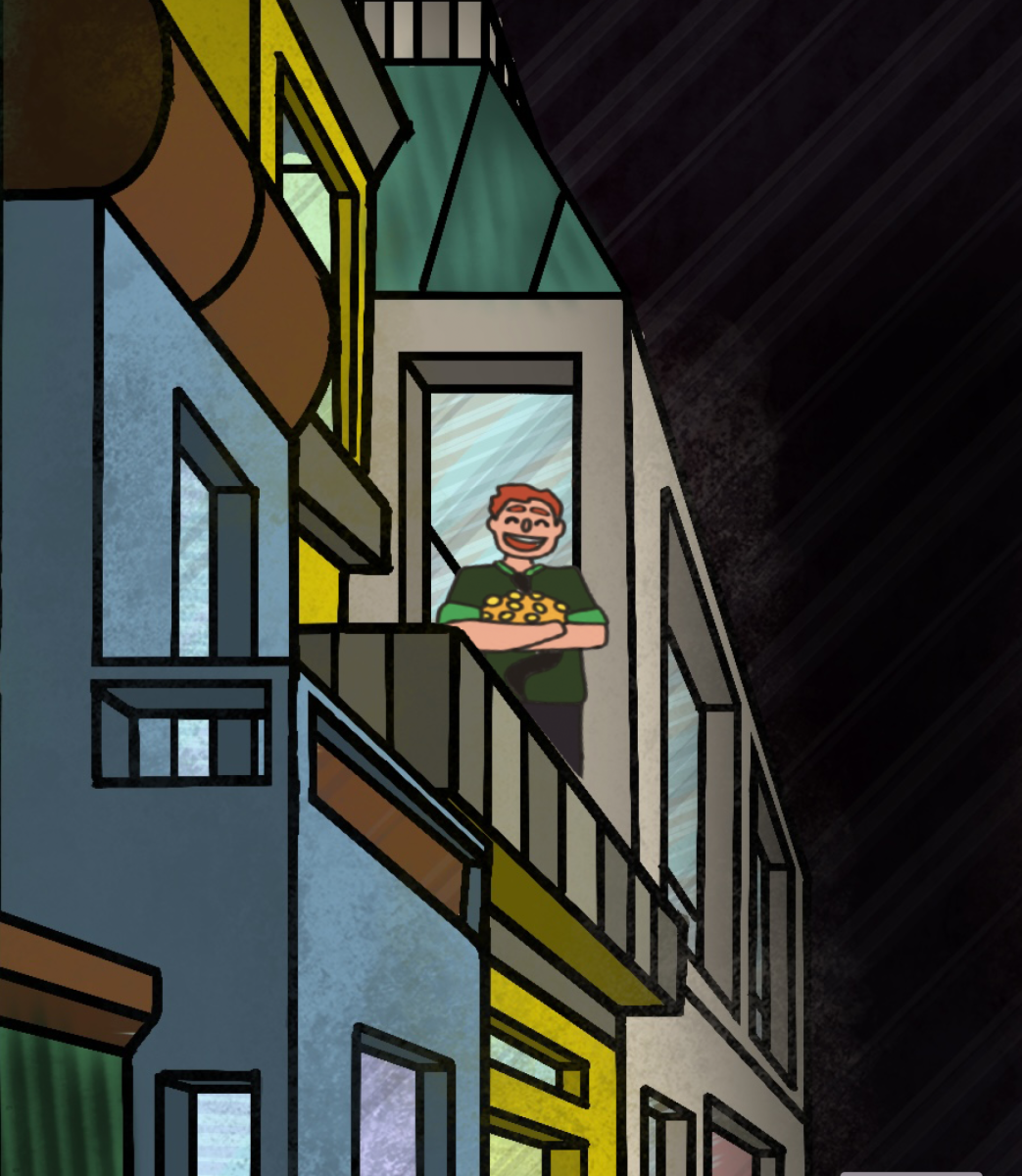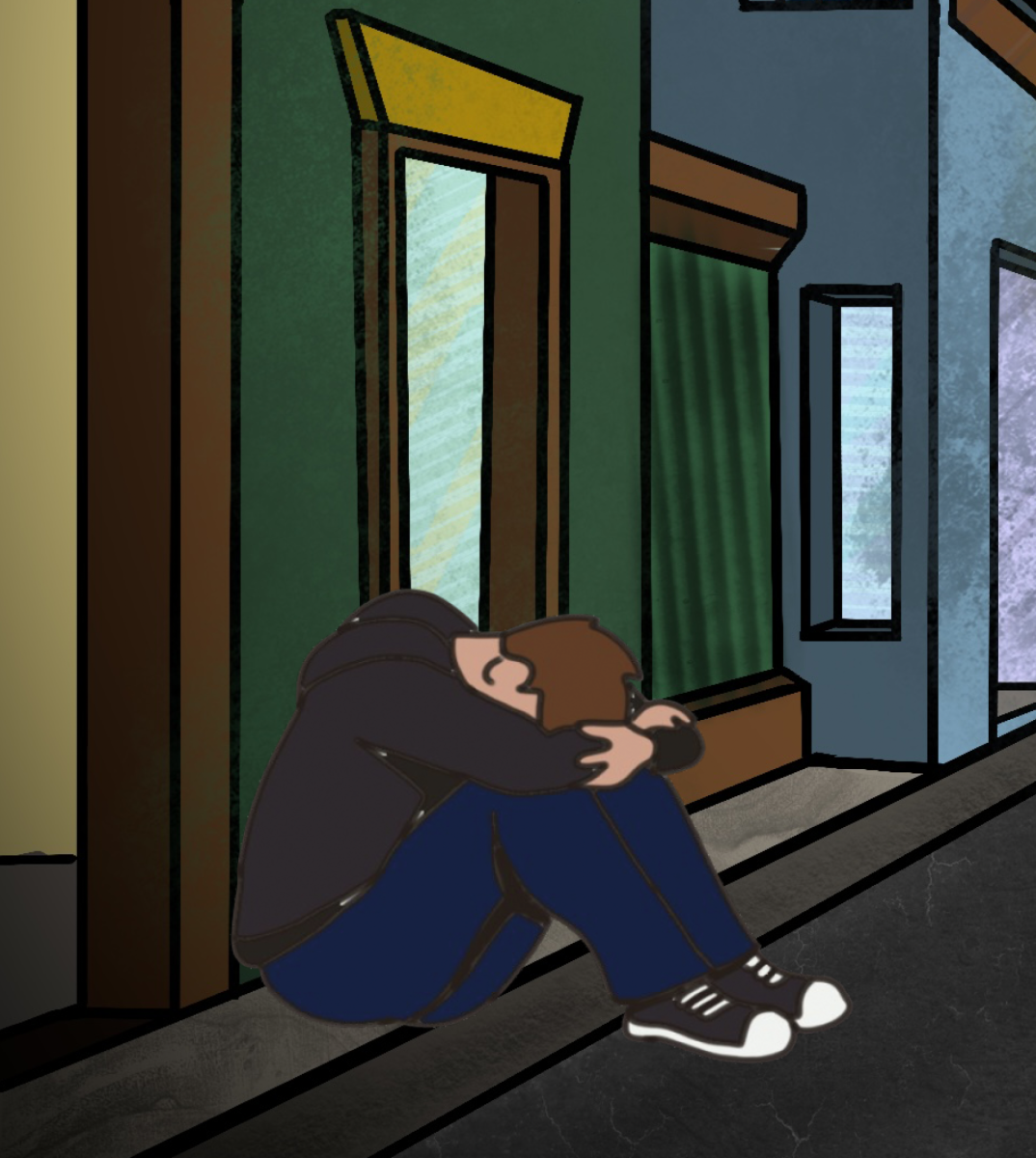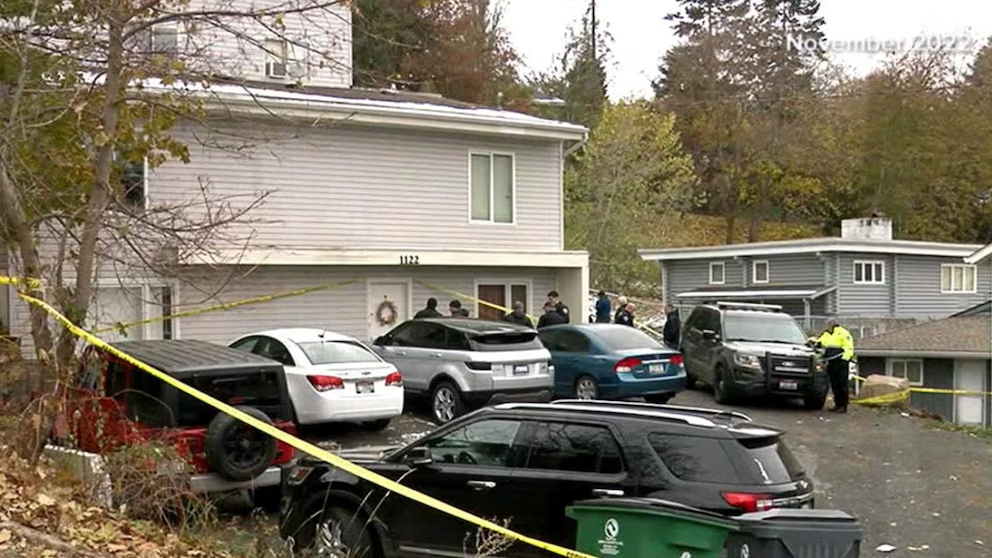Inside the FUHSD’s sexual harassment advisory lesson

Graphic courtesy of Fuhsd.org
November 5, 2021
Content warning: sexual assault and harassment
During an October closed Flex, Fremont students learned about sexual harassment, assault and consent. This material had been introduced and taught in previous years, but was intentionally more in-depth this time around. Although the Advisory lesson incited mixed feelings from students, staff and teachers, the lesson can overall be deemed a success. District administrators, staff and students, specifically Project AAR (which stands for awareness, action and reform), all contributed to the creation of the lesson with one goal in mind: educate the masses about sexual assault and harassment.
Last year, Fremont students were given different modules and lessons to do virtually.
“[Our teachers] gave us a series of modules and it was really quick and really vague,” Homestead senior and Project AAR President Nicole D’Souza said. “Most students weren’t paying attention. It just wasn’t super effective.”
In addition, students attended a webinar conducted by a speaker who focused on consent. His informal tone and arguably inappropriate student involvement (asking a student to volunteer to ask someone to kiss them using consent) seemed unsuccessful, according to D’Souza.
“We realized that after the advisory, everyone was just talking about him and his jokes, and how he humiliated a student,” D’Souza said. “We didn’t really like that, [because] none of the actual important stuff was being taken away from the lesson. “
Therefore, a goal for the new advisory lesson was to cover the content more holistically, in addition to it being uniform across the district.
“Starting last year when we did the advisories, we worked to try to do things that were consistent across the district,” FHS principal Bryan Emmert said. “[We did this so] we could get a consistent message across the district.”
The process of creating the advisory lesson took the better part of a few months, and each aspect of the lesson was well thought out by those involved. Specific topics included expanding on consent, the reporting process for sexual harassment, FUHSD policies and Title IX (a federal civil rights law which prohibits sex-based discrimination of any kind). Throughout the lesson, students watched a video produced by Project AAR and had discussions with peers regarding scenarios (students were asked to determine if a specific incident constituted sexual harassment or assault).
“We just wanted to put a very big emphasis on helping students make informed decisions, because there are a lot of aspects that students aren’t aware of when they report these types of things,” D’Souza, who wrote and produced the video shown to students, said.
During the video, one administrator from each school in the district (Emmert for FHS) talked about Title IX, what constitutes sexual assault or harassment and how to prevent or report incidents.
“We felt that administrators would be the most apt people to handle this, just because they are the people that deal with these types of violations,” D’Souza said. “If we want to improve transparency regarding Title IX, having administrators talk about it would show students like, hey, this is the person that you would go to if you were experiencing xyz, and they’re very knowledgeable and that you can trust them. Showing their face and hearing them talking about [these topics] creates a sort of trust between students and administrators.”
In addition, the situations that were given to students were objectively ethically wrong, but were ideally ones that students may come into contact with in their daily lives. According to D’Souza, the idea behind that was that most students do not even realize it is harassment, but they should know how to be able to identify and report the incidents.
Throughout the process of creating the video, multiple sources were consulted, including FUHSD associate superintendent and Title IX officer Trudy Gross. Gross offered opinions and guidance on the creation of the video and lesson.
“One of the things that we really tried to strike a balance with is that students really wanted to have an opportunity to discuss,” Gross said. “I’ve often heard from students in any advisory topic that they feel like they just get told the information, but they don’t get a chance to talk about it, so that’s why [the students involved] really advocated for the scenarios.”
Teacher feedback was taken into consideration as well, dating back to last spring, when the project first began.
“We started collecting data on what best accommodates teachers, because some teachers have experiences in their past that’s very triggering for them, and they don’t feel comfortable going over certain content,” D’Souza said.
However, not all teachers were consulted, or were necessarily given the opportunity to offer opinions if they had any. Since teachers are mandated reporters, meaning they have to report any incidents they may hear about, their opinion was relevant. This resulted in some teachers feeling that the lesson was not adequate in covering all aspects of the topic and making students feel comfortable going to a trusted adult if need be.
“I think that the lesson could have included more information on resources that are more student friendly,” FHS English teacher Monica Dery said. “Simply talking to a teacher or emailing [an administrator] that they may not know isn’t very inviting.”
In addition, the situations, while obviously sexual assault or harassment, could have been improved by being more ambiguous, which would have led to more discussion with the students. In some classrooms, students were quiet; the scenarios did not always lead to empowering discussion. In others, the conversations were short: it does not take long to determine that someone commenting on another’s body part inappropriately (one of the scenarios) is sexual harassment.
“There wasn’t a lot of nuance to the examples they gave,” Dery said. “It’s not the stuff that I hear students talking about, it’s not the stuff I see happening. It seems more like adults trying to come up with what actually happens.”
This is ironic considering students advocated for and came up with the scenarios.
“You see that it’s all administrators, and you would automatically think that that was our perspective, when actually, that’s the perspective that the students showed,” Gross said.
In addition, the district arguably could have provided more support to teachers, or an adequate route to provide feedback. However, they gave teachers lesson guidelines to walk them through the slides, but they were framed as suggestions, not directions or expectations. Still, it seems there is not an open line of communication for teachers (or students) to provide consultation district-wide, which can make it difficult for uniform information to be presented more than once between teachers across different classes.
“I think it could have been more encouraged to staff to have these conversations with more than just their advisory classes, but following up with their other classes,” Dery said. “Also, encouraging staff more, since we were the ones leading these conversations, to seek assistance or support if they also felt uncomfortable about these conversations, or how these conversations could have been triggering for them as well.”
However, Emmert has not directly received any feedback.
“The fact that I didn’t receive a lot of complaints or concerns makes me feel better [about how the lesson went],” Emmert said.
Although it is safe to say there are avenues for improvement, Project AAR and the FUHSD have plenty of plans to combat any insufficiencies. Project AAR is planning to release a podcast and documentary to educate and relate to students by using a more informal tone and is in the process of pitching an education reform to rework the sexual education curriculum given in freshman year Biology. Gross plans to assist them in the process involving the education reform and the district is continuing to focus on spreading awareness.
“In terms of going forward, I think that we definitely want to continue to have outreach,” Gross said. “That’s what I continue to hear, [that] people aren’t aware of the reporting process, so we want to make sure that this is a conversation I talk to students about. [I want them to] let me know what [they] think, like where will your peers [can] find this information, what will help them.”
However, everyone can agree that presenting the information to students in a way that can make sense to them is the most important thing.
“Without having very real honest conversations with students, we can’t expect them to be having real honest conversations with each other, and then with us if something does happen,” Dery said.
The informational video shown during the lesson can be found here. According to D’Souza, at Homestead the teachers have posted it in their Advisory classes on Schoology, which has not happened at Fremont yet.
Any step taken to educate students about sexual assault and harassment is a step in the right direction; it affects all students. Recently, the way the district has covered these topics has become more thorough and informative, even if some believe that there is still work to be done.
“I don’t know that we did a great job of sort of overtly talking about it before,” Emmert said. “We are continuing to look for ways to get that message out.”
For more information on how to report instances of sexual assault or harassment, visit this page on the FUHSD website.



